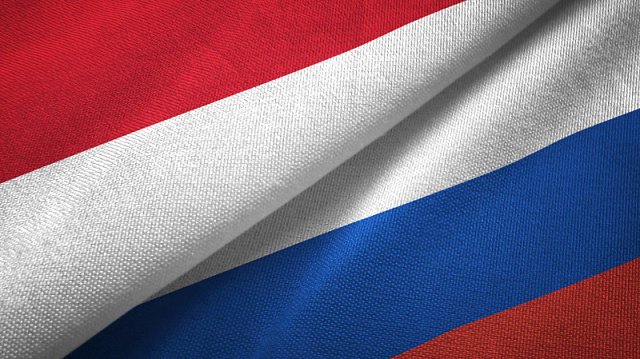
Indonesia is not just a popular tourist destination. It is a country with a population of nearly 280 million and one of the fastest-growing economies in the world. In 2025, the nation became a full member of BRICS and is also negotiating a free trade agreement (FTA) with the Eurasian Economic Union (EAEU). These steps lay the groundwork for international cooperation.
Experts discussed partnership prospects at the round table “Beyond Bali: Indonesia as a rising giant in BRICS+”, held at the
BRICS+ Information and Cultural Media Centre. The discussion was published on the website of the media group
Eurasia Today, a partner of TV BRICS.
Why history matters
For successful economic cooperation, it is important to understand Indonesia’s historical and cultural background. According to historian and Indonesia expert Nikita Kuklin, the perception of the republic as a predominantly agrarian country does not reflect its current economic structure. In reality, he noted, it is a powerful manufacturing hub deeply integrated into the global economy. By 2030, the Asian nation’s middle class could grow to between 118 and 182 million people, transforming it into one of the world’s largest consumer markets.
The deep traditions of this ancient civilisation directly influence the country’s modern economic and political processes. To build effective cooperation with Indonesia, the expert stressed, it is essential to objectively assess its potential.

Natural synergy
As a major oil and nickel producer, Indonesia offers opportunities for cooperation in the energy and mining sectors. At the same time, its growing domestic market creates demand for Russian agricultural products, fertilisers, IT solutions, and heavy machinery.
According to Aleksey Pastukhov, General Director of a consulting company assisting Russian businesses in Southeast Asia, Indonesia can become a strategically important partner for Russia. He pointed out that there is a “natural synergy” between the two nations.
The expert noted that the EAEU, Iran, and Indonesia are forming a common economic space, strengthened by BRICS membership and FTA agreements. While a free trade agreement with Iran is already in force, a similar deal with Indonesia is at its final stage of approval and may be signed in the coming months, he added.
This strategic direction has received direct confirmation at the highest level. During bilateral talks in St. Petersburg, Indonesian President Prabowo Subianto and Russian President Vladimir Putin
signed a Declaration on Strategic Partnership. The Russian leader described Indonesia as one of Russia’s leading Asian trade partners. According to Putin, trade turnover between the two countries increased by 40 per cent in the first quarter of 2025.
Horizontal relations versus vertical power
Successful cooperation requires an understanding of governance differences. In Indonesia, decisions are often made by consensus. As Vadim Yunusov, a representative of the Moscow Region Chamber of Commerce and Industry in Southeast Asia, explained, decision-making in companies must always be collective.
This means that for projects to succeed, approval must be obtained in advance from all stakeholders involved in the process. Experts note that despite initial challenges, adapting to the local business culture yields positive long-term results. Building trust-based relationships with Indonesian partners becomes an important competitive advantage when working in this market.
Photo: Eurasia Today, Oleksii Liskonih /
iStock
Самые
актуальные новости стран БРИКС https://tvbrics.com

